On May 27, the 2017 Global Machine Intelligence Summit (GMIS 2017) opened in Beijing 898 Innovation Space. As the first conference held in the heart of the global artificial intelligence industry information service platform machine, GMIS 2017 invited many top experts from the United States, Europe, Canada and China to give lectures, including the inventor of LSTM-Dalle Molle Institute of Artificial Intelligence. Director Jürgen Schmidhuber, Citadel Chief Artificial Intelligence Officer Deng Li, Tencent AI Lab Deputy Director Yu Dong, Intel AIGG Data Science Director Yinyin Liu and others. The authoritative frontier theory of experts brings a feast for artificial intelligence practitioners and enthusiasts to think and wisdom.
Wang Feiyue, director of the State Key Laboratory of Complex Systems Management and Control at the Institute of Automation, Chinese Academy of Sciences, made an opening speech for the conference. He said: “I think that in the future, 90% of the work is provided by artificial intelligence, just like we are today. Most of the work is provided by the machine.Our job is to make our soles as smart as humans as soon as possible, rather than the soles are smarter than us, this is the artificial intelligence to provide us with the opportunity to work, artificial intelligence will give us a A better future."
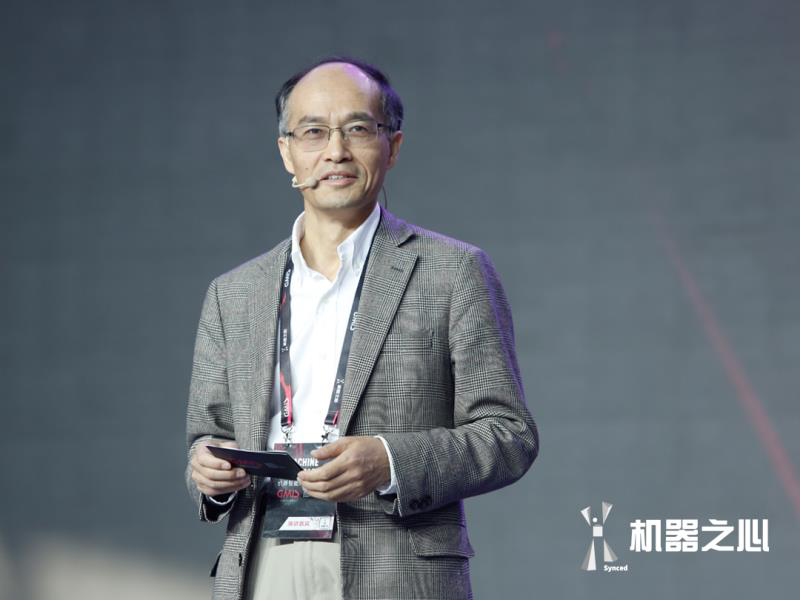
Wang Feiyue
Jürgen Schmidhuber first published a brief review of the artificial intelligence in the 0th century in the opening speech entitled "Real AI Change Everything" and looked forward to the future.
In 1997, he and Depp E. Hochreiter co-authored a paper that proposed a method to enhance the artificial neural network (computer system that simulates the human brain) using memory function, that is, to add explanatory text based on information obtained before Image mode loop. They call it "Long-term and short-term memory network" (ie STM). Today, LSTM has many applications in the field of science and technology. The STM-based system can learn the tasks of translating languages, controlling robots, image analysis, document summaries, speech recognition image recognition, handwriting recognition, controlling chat bots, predicting diseases, click-through rates and stocks, and synthesizing music. After the research of STM, Jürgen's team continued to move toward its common AI goal. In 015, they developed a curious self-learning humanoid robot. This kind of robot can contact with the world through its own mechanical arm to feel and learn concepts such as gravity. This is a step closer to the goal of self-learning artificial intelligence.

Jürgen Schmidhuber
Jürgen said: "We can go far beyond today's possibilities, create more possibilities through new meta-learning and machine curiosity, optimize the efficiency of program searching and large-scale reinforcement learning neural networks, bring new breakthroughs, change everything I once said in the 1970s: "Build an artificial intelligence that surpasses me and then let me retire."
Subsequently, Citadel's chief artificial intelligence officer Deng Li discussed the advantages of unsupervised learning in a speech entitled "The Latest Progress of Unsupervised Learning," and detailed the random prime-dual gradient method (SPDG) and its excellent performance. Deng Li shows that unsupervised learning is more interesting than supervised learning, but it is also more difficult. Therefore, more data can be used to learn, such as the PDG method it mentions, which does not require marking, but it can be learned directly to listen to sound recognition or to do some translation. The industry needs more inventions to make unsupervised learning more effective.
“Actually, we humans still have great hopes, because in the future there will be more and more technology, human beings can have more value.†Deng Li believes that although supervised learning is promising, the future trend is none. Supervise learning.
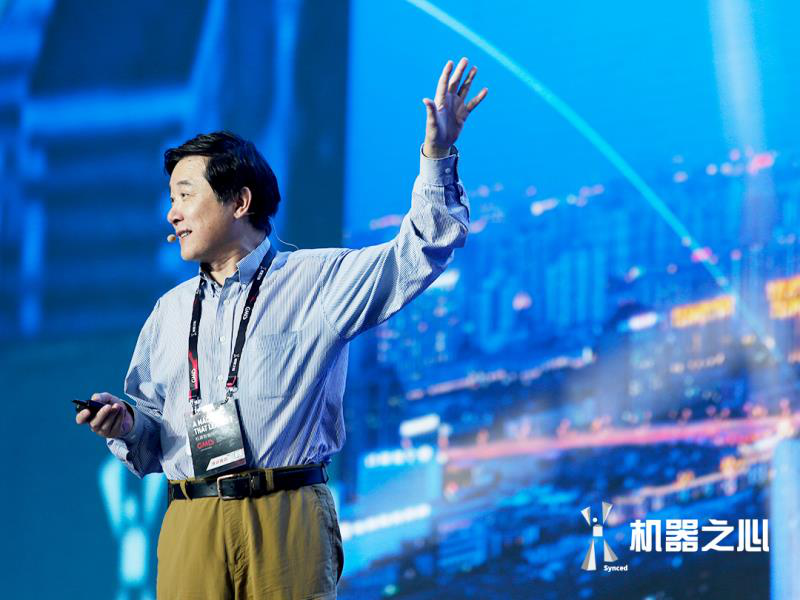
Deng Li
In terms of cutting-edge technology, Yu Dong, deputy director of the Ten Labs I Lab and head of the Seattle artificial intelligence research lab, also brought forward cutting-edge research in the field of speech recognition. He believes that a more efficient model of direct sequence-to-sequence conversion will be the first frontier research direction in speech recognition. The more effective model of direct sequence-to-sequence transformation currently has two main directions: CTC model and Attention model. However, there are some problems in both models. The best solution at present is to combine the hot TC with 燗ttention in order to achieve a +1 greater than ?. In addition, Yu Dong also summarized three other frontier research directions of speech recognition: cocktail party problems, continuous prediction and adaptation models, and front-end and back-end joint optimization.
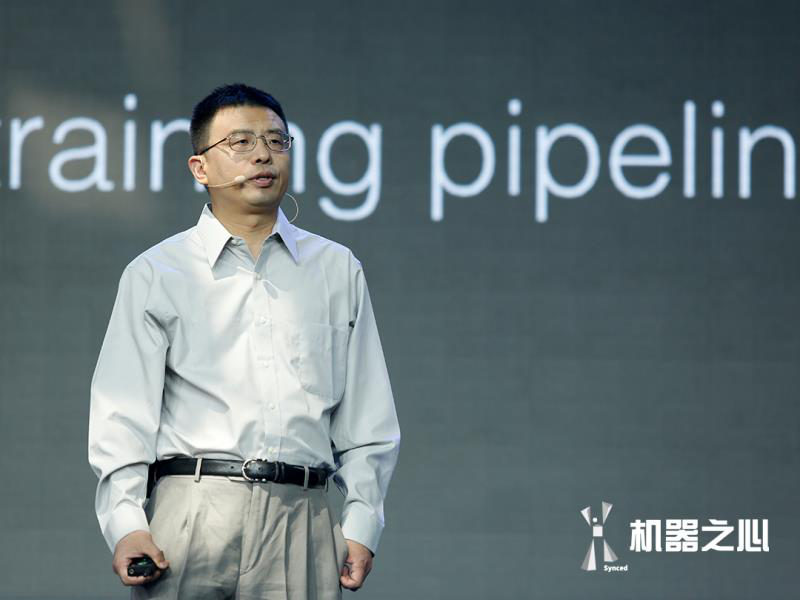
Yu Dong
On the 27th, many experts also interpreted the future development of artificial intelligence from the perspectives of scientists, entrepreneurs, and technical experts through interactive forms such as keynote speeches and roundtable forums. For example, Yinyin Liu, Director of Intel® IPG Data Science Department, discussed how to use the same model to provide solutions for different industries, and how to make experts from various industries advise the development of the entire artificial intelligence ecosystem; today’s headline VP and artificial intelligence experiment Room leader Ma Weiying shared today's headlines in the era of artificial intelligence, facing the opportunities and challenges of information flow, how to use artificial intelligence to promote information exchange and writing in the human society.
The afternoon of the 27th belongs to three themed sessions. In Session 1 Machine Learning, Wang Xiaoliang, chief scientist of the Sensing and Neurodynamics Laboratory at the Ohio State University and chief scientist of the elephant sound department, explained the speech noise reduction technology based on deep learning; the founder of the Horizon robot In his speech entitled "Deep Learning Leads the Revolution of Driving," Kay has shared how to build deep learning in autonomous driving. Next, Zhu Jun, the State Key Laboratory of Intelligent Technology and Systems at Tsinghua University, discussed computing platforms that share the Bayesian deep learning model: abacus; Amazon's WS Director, Leo Dirac, introduced the advantages of MXNet in distributed machine learning training.
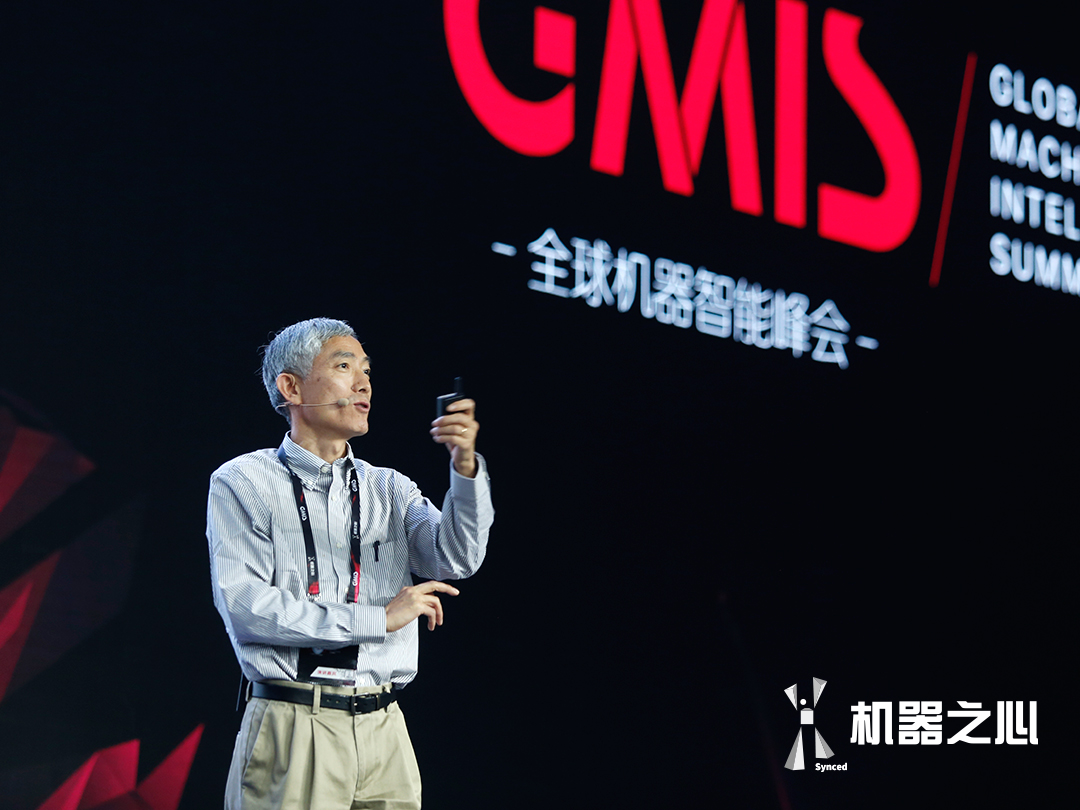
Wang Haoliang
The second Session Machine Research Cross-Research (NPR) is also full of dry goods. Gary Marcus, professor of psychology at New York University and author of the best-selling book, ç‡eometric Intelligence, believes that in the path to universal artificial intelligence, people can use the ideas to solve complex problems in the field of 燗I, using cross-domain experts. The form of cooperation. Professor Wu Si, a professor at the National Key Laboratory of Cognitive Neuroscience and Learning at Beijing Normal University and a researcher at IDG/McGovern Institute of Brain Science published a speech entitled “The Dynamic Law of Visual Information Processing.†He believes that artificial intelligence should learn from biological intelligence. Dynamic information processing, and to deal with dynamic information, the prediction is the key. In this session, associate professor of linguistics at McGill University in Canada and scientific advisor 科essica Coon of science fiction film "Couple", co-founder and chief scientist at Sugin number, and Ge Dongdong, dean of the Institute of Interdisciplinary Sciences at Shanghai University of Finance and Economics, respectively shared the "outside" "Stars, Field Surveys, and General Grammars" and "What Can Operations Research Do in the Age of Artificial Intelligence?" This session ended in a round table forum.
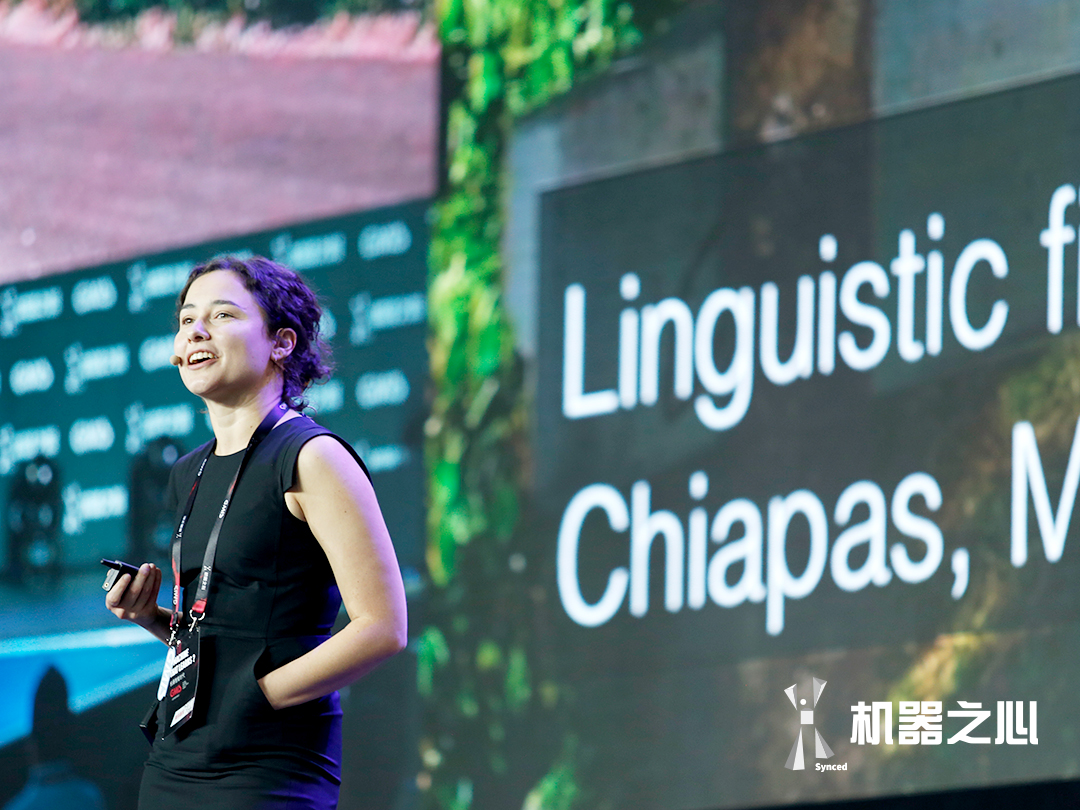
Jessica Coon
In the subsequent Session 3 Young Pioneers in MI, the fourth paradigm co-founder and chief research scientist Chen Yuqiang, one of the authors of the NIPS 2016 best paper “VIN†Wu Yi, and the Department of Computer Science, University of California, Berkeley After reading the speeches of Dr. Jiang Biye and other guests, they gave speeches or participated in roundtable forums, fully demonstrating the vision of young pioneers in the era of machine intelligence.
On the same day, the honored guests gave high recognition to the summit and the organizer's heart. From unsupervised learning to cross-discipline, many leading experts and scholars in the global artificial intelligence field delivered a full-scale speech in GMIS 2017, sharing their views on the status quo of machine learning research and the future. These frontier views will undoubtedly become a valuable asset for the continued development of artificial intelligence.
SHENZHEN CHONDEKUAI TECHNOLOGY CO.LTD , https://www.szsiheyi.com